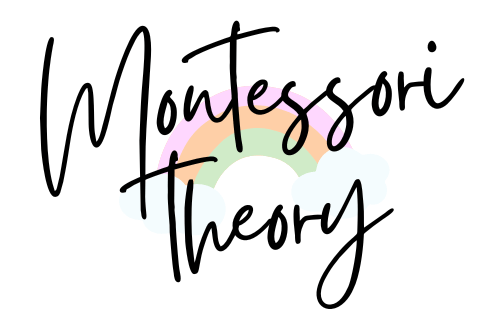Forget rows of desks! Montessori lets kids be explorers, not just students. It might sound surprising – freedom with some rules? But that’s the magic that helps them blossom!
The Essence of Freedom within Limits
The Montessori method recognizes the child as a natural learner, an inquisitive being eager to explore and understand the world around them. This intrinsic motivation is nurtured through a carefully designed environment that offers freedom tempered by structure. The classroom is arranged with low open shelves, activities in logical order, and inviting workspaces, all scaled to the child’s size. This setup encourages children to navigate the space independently, select activities that resonate with their interests, and engage in learning with minimal adult intervention. The “limits” in this context are not constraints but rather guidelines that ensure safety, respect, and a harmonious community.
Ground Rules: The Framework of Respect
Montessori classrooms operate on three foundational rules:
- Respect for oneself: Children learn to engage with activities safely and productively, choosing tasks for which they have been prepared and can handle with care.
- Respect for others: Social interactions are based on mutual respect. Children work alone or collaborate by invitation, always mindful not to disrupt the learning of others.
- Respect for the environment: Every element in the classroom, living or non-living, is treated with care, reflecting a deep appreciation for the surroundings and the materials provided.
The Freedoms of the Montessori Environment
- Freedom to Move: Movement is integral to learning. Children are free to roam and transition between activities, fostering a dynamic and engaging learning experience.
- Freedom of Choice: Choice empowers children to follow their curiosity, leading to a deeper and more personal engagement with their learning.
- Freedom of Time: The absence of rigid schedules allows children to immerse themselves in activities without the pressure of time, cultivating concentration and patience.
- Freedom to Repeat: Repetition is the key to mastery. The Montessori environment encourages practice, self-correction, and problem-solving.
- Freedom to Communicate: Open communication is encouraged, helping children articulate their thoughts, collaborate on problem-solving, and build social skills.
- Freedom to Make Mistakes: Montessori materials are designed with self-correcting features, allowing children to learn through trial and error, an essential part of the learning process.
The Harmony of Freedom and Limits
Montessori education is a delicate balance between freedom and structure, much like a dance where each step is both independent and part of a greater whole. This approach prepares children not just for academic success but for life itself, teaching them to navigate the world with confidence, respect, and an enduring love of learning. As we embrace this journey, we witness the unfolding of each child’s potential, a testament to the transformative power of education that respects the individual’s innate desire to learn.
Cultivating Self-Discipline and Responsibility
An additional layer to the Montessori philosophy is the cultivation of self-discipline and responsibility. Children are not only given the freedom to choose but are also expected to take ownership of their decisions. This sense of responsibility encourages them to think critically about their actions and to learn from the outcomes, whether successful or not. It’s a process that fosters independence and self-regulation, preparing them for the complexities of life beyond the classroom.
Embracing Diversity and Inclusivity
Montessori education also places a strong emphasis on diversity and inclusivity. The environment is designed to reflect the varied cultural, linguistic, and personal backgrounds of the students. By exposing children to a wide range of perspectives, the Montessori method promotes empathy, understanding, and a global mindset, which are crucial skills in our interconnected world.
Freedom to Explore, Boundaries to Succeed!
! Montessori education goes beyond memorization, igniting a lifelong love of learning through joyful discovery. With freedom to explore and clear guidance, children build the skills and confidence to thrive, becoming independent learners ready to conquer any path they choose.



